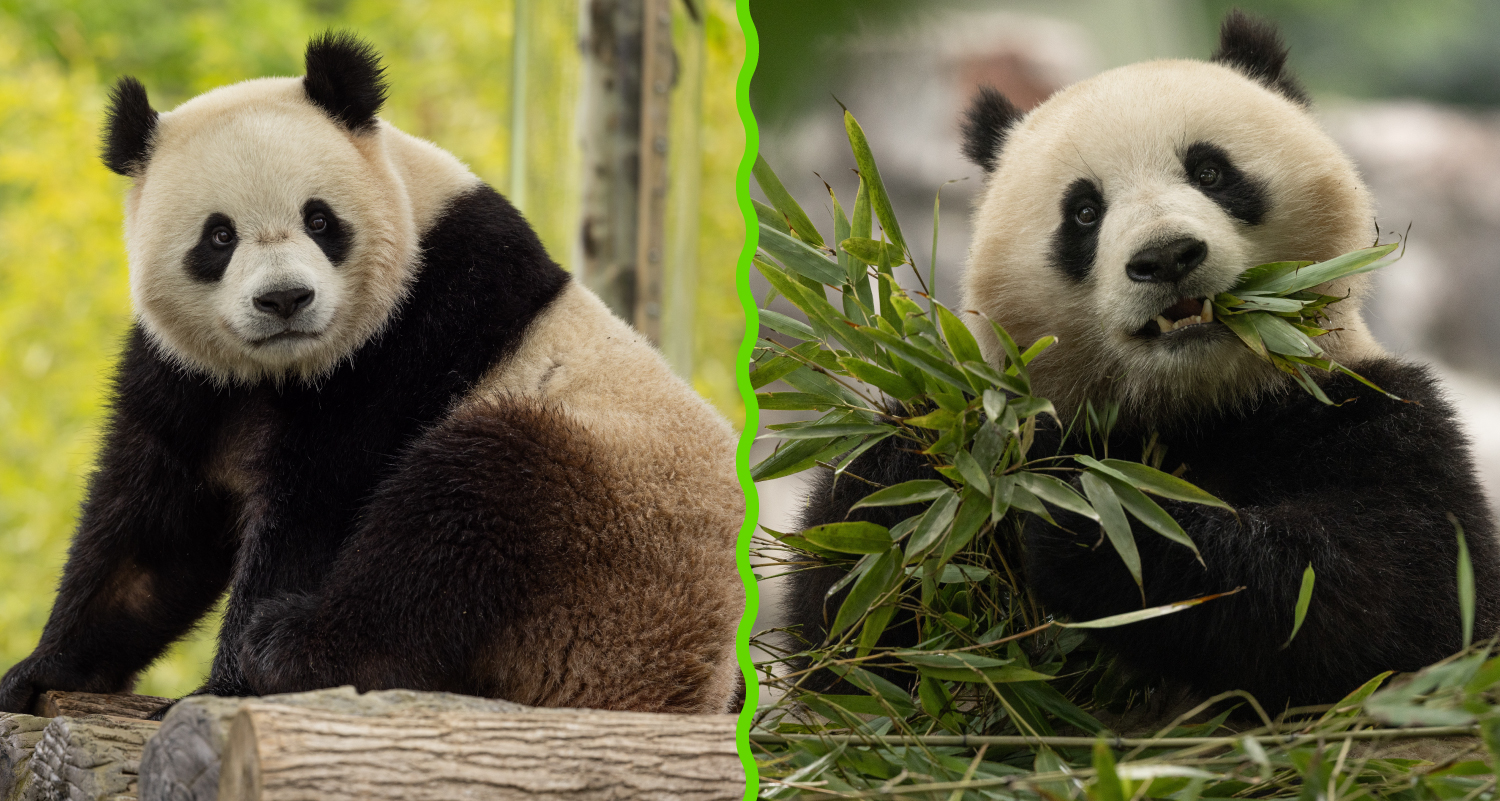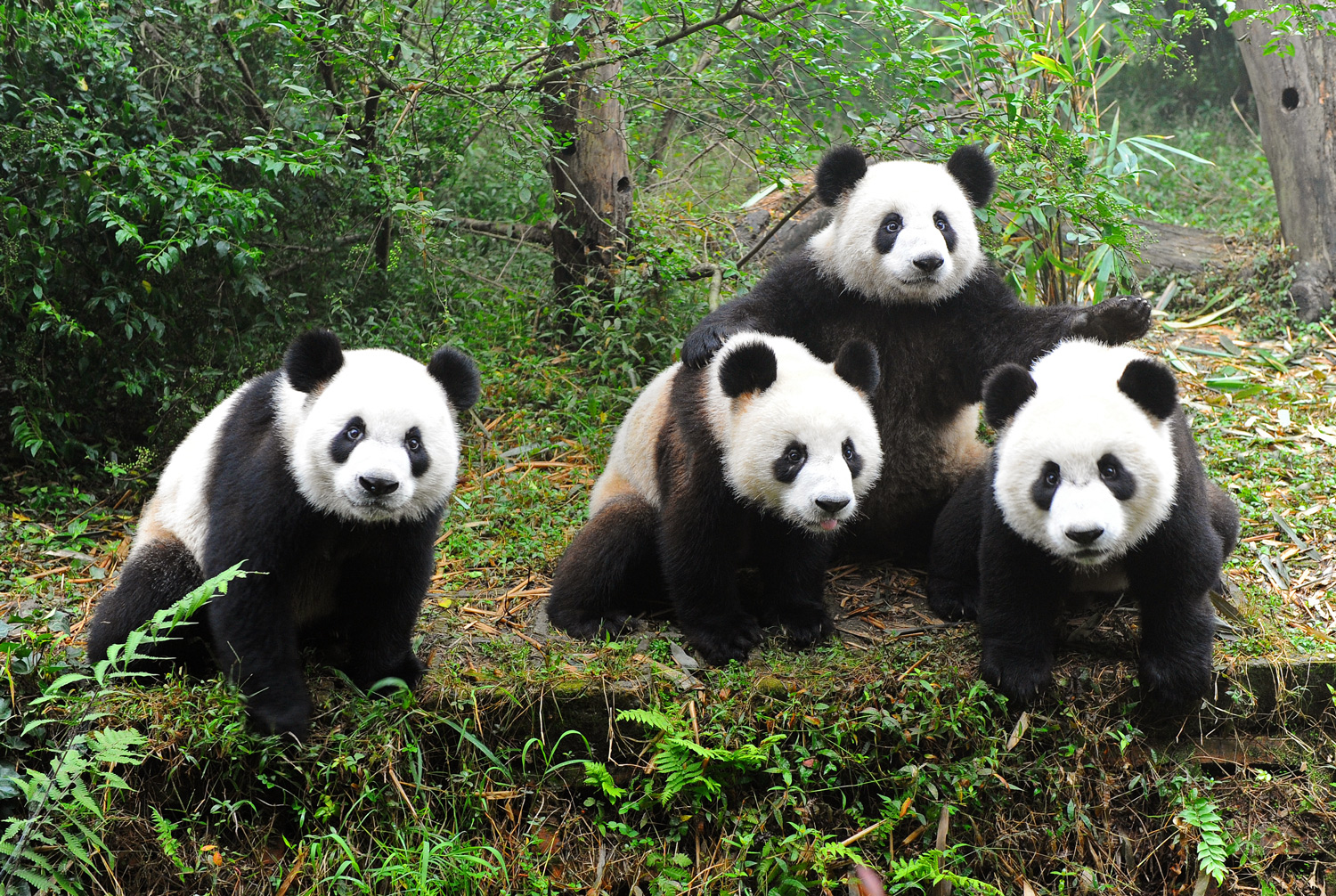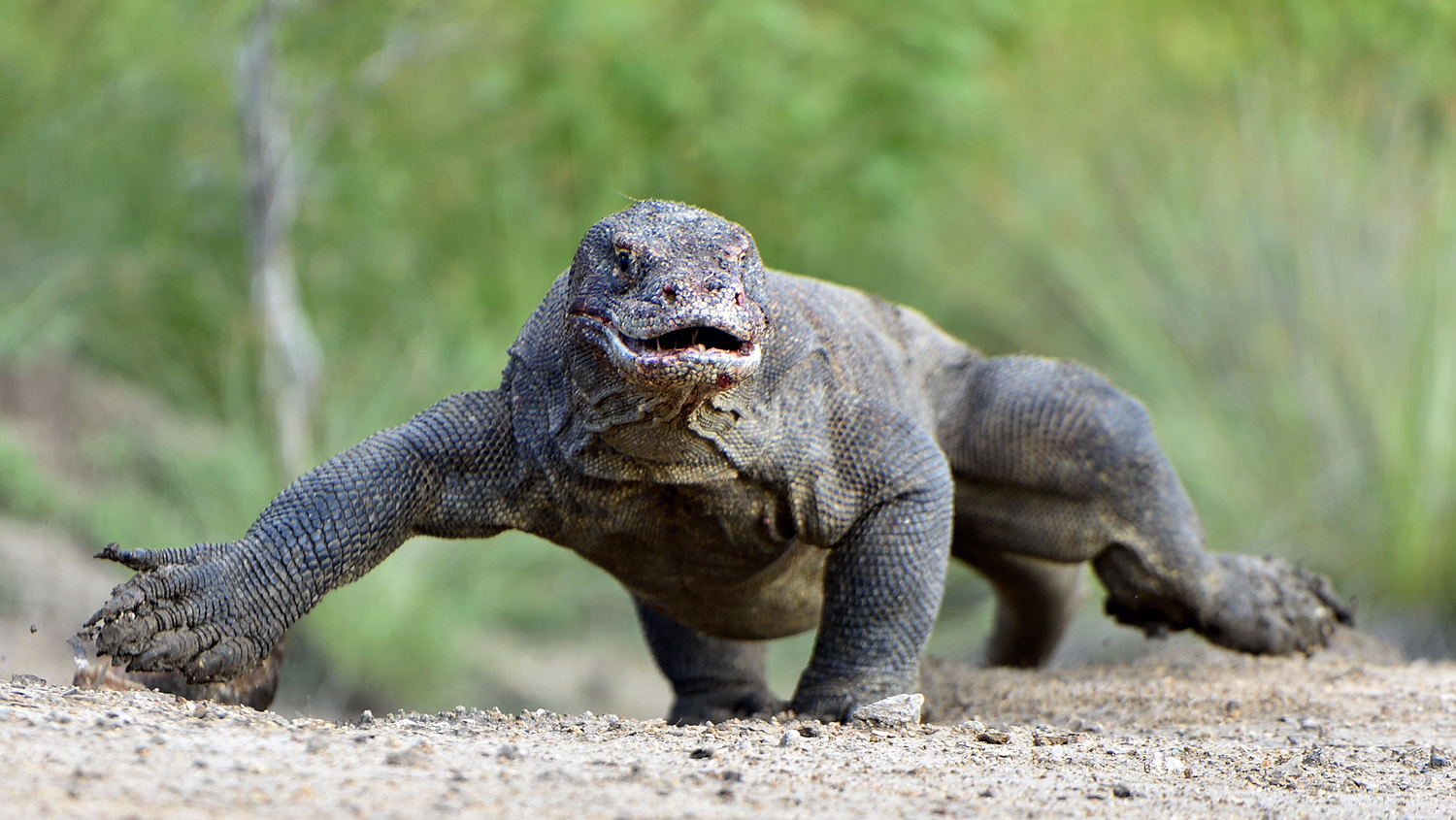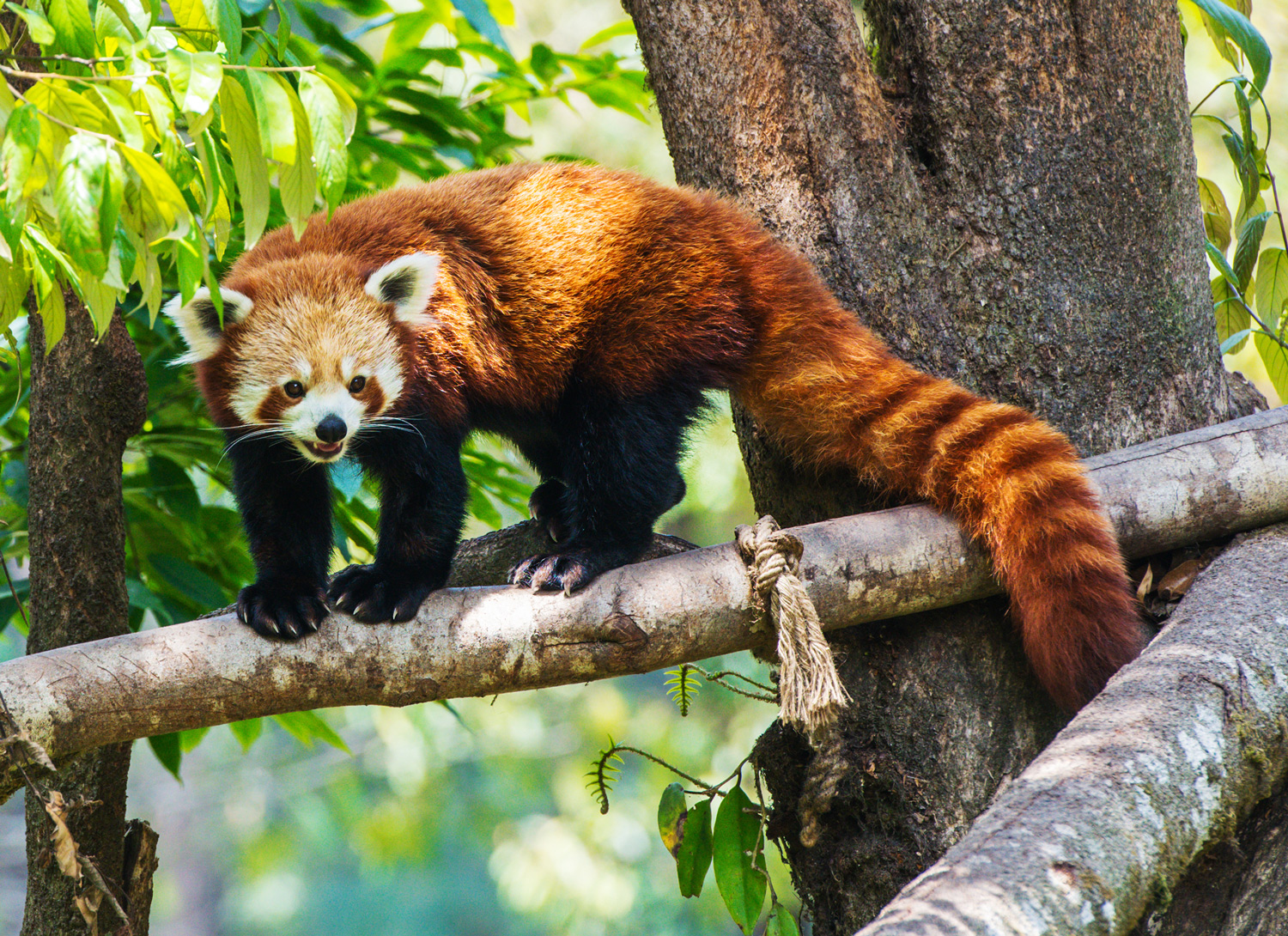Pandas Return!
The National Zoo in Washington, D.C., will welcome two giant pandas in 2024.

Roshan Patel, Smithsonian’s National Zoo and Conservation Biology Institute
Bao Li (left) and Qing Bao will soon arrive in the United States!
The National Zoo in Washington, D.C., is getting ready to welcome some new arrivals. On May 29, the zoo announced that two pandas will be arriving from China by the end of 2024.
China agreed to lend 2-year-old male and female pandas Bao Li (pronounced BOW-lee) and Qing Bao (pronounced ching-BOW) to the National Zoo for 10 years. In exchange, the zoo will pay a $1 million fee each year to help pay for China’s efforts to conserve (save) giant pandas, which are endangered. The agreement also states that any cubs Bao Li and Qing Bao have must be sent to China by age 4.
This will be the first time pandas have lived at the National Zoo since November 2023, when the zoo sent its previous panda pair back to China, along with their cub. Before that, the zoo had pandas for 23 years in a row. Bao Li’s mother, Bao Bao, was born there in 2013 and sent to China at age 3.
By studying and breeding pandas, the National Zoo helps contribute to conservation efforts. But China’s willingness to lend out the bears, which are native only to China, is also an example of two countries working together.
“Through this partnership, we have grown the panda population…and learned what’s needed to protect wild pandas,” said Brandie Smith, director of the National Zoo and Conservation Biology Institute.
Pandas are very popular with visitors to the National Zoo. For many people, the zoo isn’t the same without its adorable black-and-white bears. Eighth grader Sofia Valle visited the National Zoo recently and was disappointed to learn there were no pandas. She hopes to return after Bao Li and Qing Bao arrive.
“[Pandas are] my favorite animal,” Sofia told the Associated Press. “They’re so fluffy! And they’re lazy like me.”
The video below begins with Bao Li. Qing Bao appears after about 43 seconds.
Smithsonian’s National Zoo and Conservation Biology Institute






